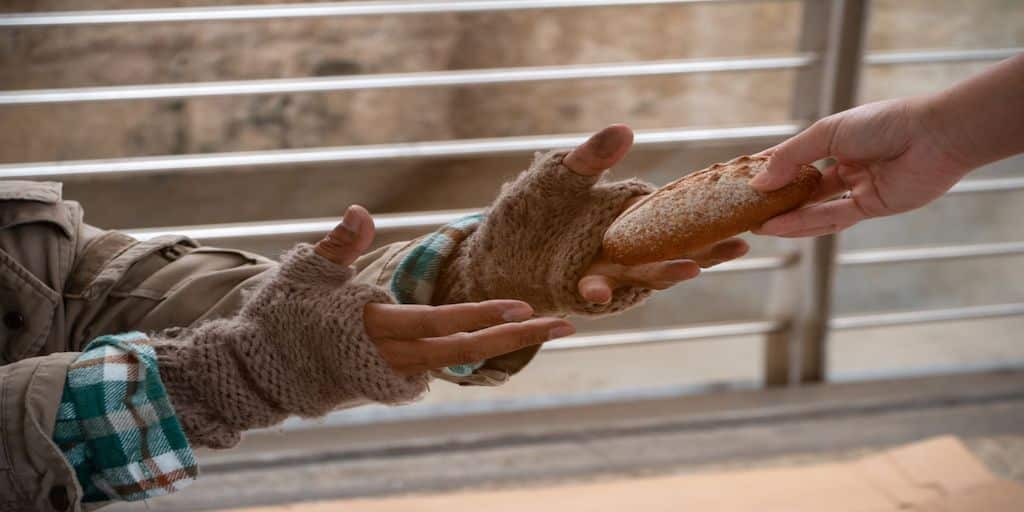The Communion of Saints

As I write this article the world is dealing with the coronavirus and social distancing. One result is that church services have been cancelled and/or moved online. How do we maintain the “communion” of saints in these circumstances?
First, let’s define what is meant by “communion.” Most of us (Protestants) probably automatically think of the Lord’s Supper, often called Communion. But the root of the word here is the Greek word koinonia—fellowship. Michael Bird explains, “To say that the church is a communion simply means that it is a common union of believers.”[1] Alister McGrath further explains, “Communion is the old English word for ‘fellowship’—and that identifies a key role of the church. Among its many functions, the church is there to support its members.”[2]
There is no doubt that the current need to distance ourselves from others will create some unique challenges. But we must never forget that “The church is not where we meet or what we do; it is who we are!”[3] Just because we are not physically together does not release us from our responsibility to care for our fellow believers in whatever way necessary. Look at some of the ways the early church cared for each other:
And all who believed were together and had all things in common. And they were selling their possessions and belongings and distributing the proceeds to all, as any had need. And day by day, attending the temple together and breaking bread in their homes, they received their food with glad and generous hearts, praising God and having favor with all the people. (Acts 2:44-47)
Now, clearly our situation is not the same. But are there some principles here you can follow? Could you bring an elderly person into your home for the duration? Could you share food with a neighbor who is struggling? Could you call and check on someone God brings to your mind? Could you donate to some worthy cause? Could you give work to someone who is out of a job?
Remember that while COVID-19—or persecution, or location, or your job—may stop you from going to church, it cannot (and should not) stop you from being the church. There are plenty of ways we can extend God’s love in this crisis. We just have to be willing to do them.
Another important component of the church is that it is “where believers should be nurtured in the practice of correct theology.”[4] So do not neglect “gathering together.” That should include listening to and participating in your online service. (If your own church doesn’t provide one, find one from another church if necessary). Gather together as a family on a regular basis to read and study the Bible, and to pray. Take advantage of online or social media opportunities to share words of encouragement, prayers, and insights God gives you during this time.
When this crisis has passed, let it be your prayer that such fellowship and communion would lead the world to believe that they are one in Christ, and that, though compelled by circumstances to assemble in different places and to form separate societies, they are, nevertheless, all members of one body, of which Jesus Christ is the Head.[5]
[1] Michael F. Bird, What Christians Ought to Believe (Zondervan Academic, Kindle Edition), p. 201.
[2] Alister McGrath, I Believe (Downers Grove, IL: InterVarsity, 1997), p. 94, emphasis added.
[3] Bird, p. 194.
[4] R.C. Sproul, What We Believe (Baker Publishing Group, Kindle Edition), p. 192.
[5] James Dodds, Exposition of the Apostles’ Creed, ebook, p. 70.








